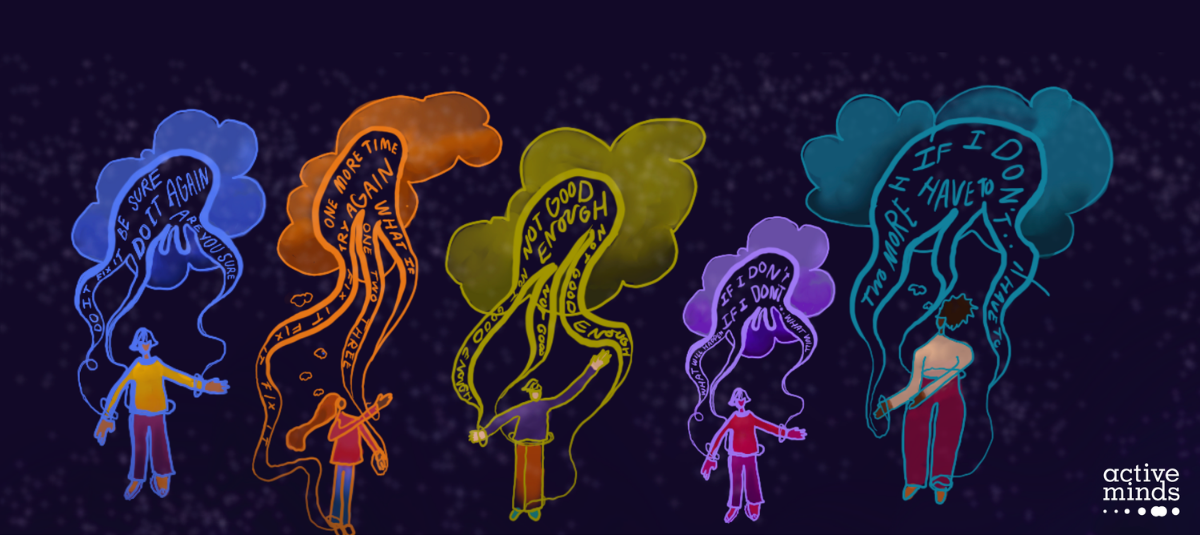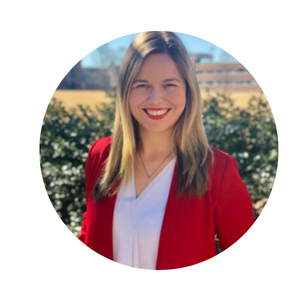Content Warning: This piece contains mentions of suicide and suicidal ideation.
I want to start by telling you about the bane of my existence in elementary school: card changes.
Each day all the cards started on green, but if you did something wrong, the teacher would give you a card change. This meant you had to go in front of the class and change your card to yellow. Your mistake could literally be anything from forgetting to finish your assignment to something as extreme as hitting someone.
As a third-grader, never getting a card change was my biggest goal. But I knew this year I had gotten put in the strict teacher’s classroom, and I was afraid my streak of green cards would end. So on the second day of third grade I told my mom as I was getting out of our minivan, “I hope I don’t get a card change today.”
And you know what happened? I didn’t get a card change.
From that day on telling my mom “I hope I don’t get a card change” became part of my daily routine. Every day right before I got out of the car to go to school I would say these “magic words”, which I believed made me immune to being punished.
Then one day we were in a rush, and I forgot to say the magic words. I worried all day at school something would go wrong… and then it did. I forgot to do a part of my homework, and was told to change my card.
I bawled my eyes out. I knew it was because I had forgotten to say my magic words.
From then on, the ritual remained, even when I transferred to a new school that didn’t have card changes. “I hope I don’t get a card change,” changed into a longer speech: “I hope I have a good day at school, don’t get in trouble or have forgotten to do any homework. I hope I make new friends and you and dad are safe while I am at school.” The rituals also began to grow. I not only had a set or rituals for school, but also for figure skating practice, church, soccer games, and just about any other setting I was in on a routine basis where I felt something was at risk.
Then when I was 13, something much more valuable than a card change became at stake: someone’s life.
One of my best friends was experiencing suicidal ideation. I was the first person she told she was thinking about suicide, and the weight of her life became heavy on my shoulders. Suddenly I had over 10 rituals I had to do a day or the consequence was my friend would attempt suicide again. And because I loved my best friend more than anything in the world, I made sure all things lined up and each intricate ritual was in place because my brain was telling me this was the only way to keep her alive.
The worst of all the rituals? I believed if I told anyone about my rituals, my friend would die. So even though my parents sent me to therapy, and I had the space to tell someone how I was feeling, I suffered in silence for a very long time.
Flash forward three years, I was sixteen sitting in front of the computer in the back room of our house. I had Google open with an empty search box. I typed in the word “superstitious”. I thought maybe I was just extra superstitious, like people who cross the street when they see a black cat.
The Google search for “superstitious” came up with numerous results, but there was one result near the bottom of the page that caught my eye: Symptoms of Obsessive Compulsive Disorder (OCD). I clicked on the link.
“OCD?” I thought, “Wasn’t that the thing that made people want to be really clean?”
As I read the list of symptoms for OCD, I was in shock: I had never read something that had so accurately described the way I thought before. I had always believed my thoughts were a big secret, but here they were simply listed out on a website so bluntly. It read:
- Intrusive or unwanted thoughts
- Obsessions with certain numbers, words or colors.
- Rituals that have no clear explanation
- Hoarding tendencies
- Need to constantly check things, although you have already checked them
- Fear of contamination
I finally had an answer. After all these years, I had outsmarted the voice in my head because I knew what it was now— and it wasn’t actually me— it was a mental health condition. Knowing the symptoms was the first step I needed to finally get help. That simple search changed my life.
When I got on medication, I felt like a new person only after a few weeks. It was great, don’t get me wrong, but because I had been living under the wrath of obsessions and compulsions for almost ten years, my brain seemed strangely quiet as thoughts were able to harmlessly run free throughout my mind. My OCD wasn’t completely gone, and I know it never will be. Ritualistic thoughts still pop into my brain, but I gained the coping skills from therapy to say to the thought, “No, you are a ritual, you are not real, and you cannot control me.”
If you identify with me, or even just feel like something is not right with your mental health, I encourage you to seek help. It can be hard, and it takes a lot of courage, but in the end, it’s worth it. You don’t have to suffer in silence.




